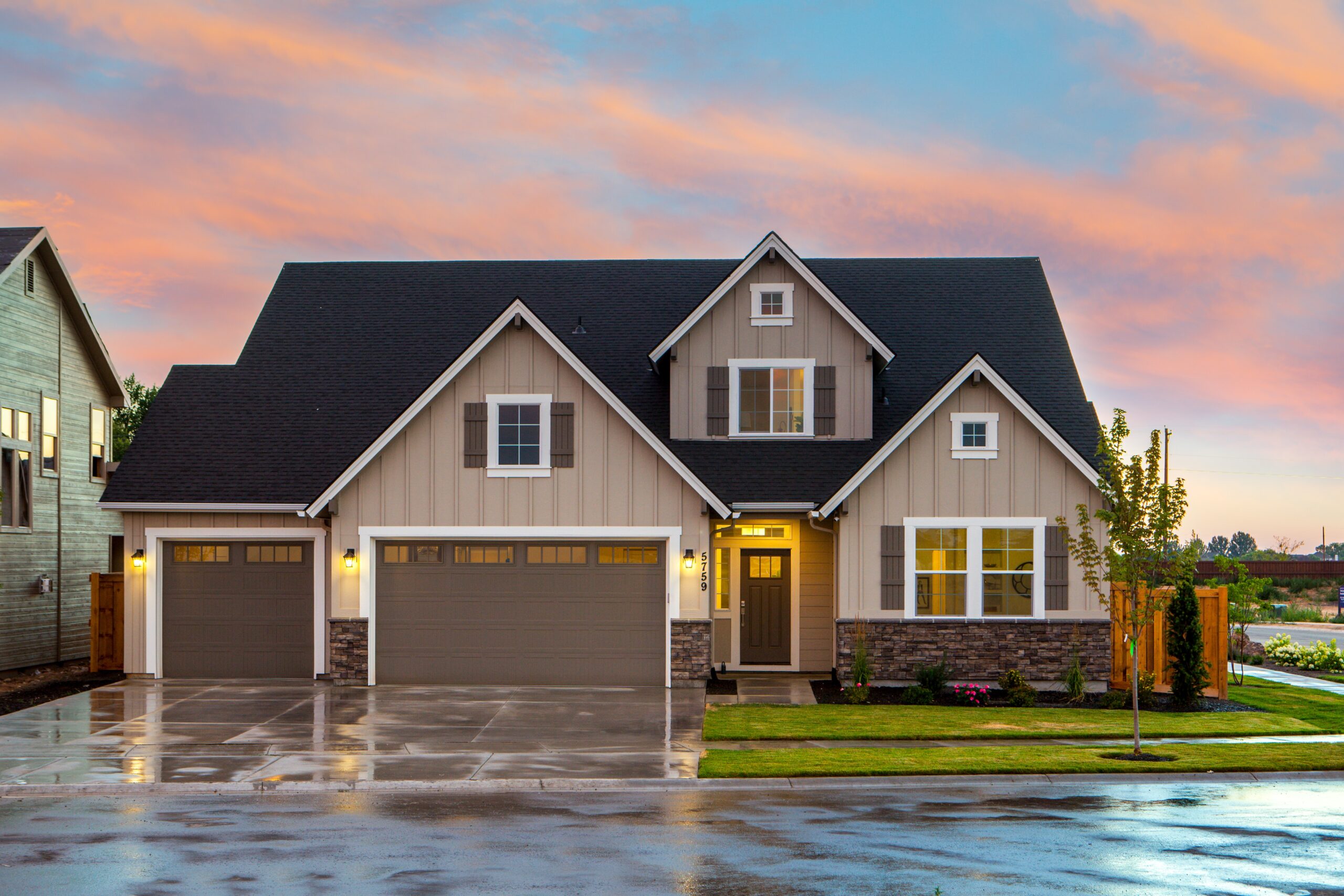Main residence exemption

ITAA97 Subdiv 118-B
A dwelling that is owned by an individual and qualifies as their main residence throughout the period they own it is generally exempt from CGT. However, if the dwelling is also used for income earning activities or it has not always been the taxpayer’s home throughout the period they owned it, then it may be partially subject to CGT on disposal or a CGT event happening to it.
Where a main resident is also used to produce assessable income or a place of business is conducted in part of a taxpayer’s home and that portion of the home would satisfy the interest deductibility test (even where no borrowing exists on the home), that proportion of the home (normally based on the floor area, but see TD 1999/66) is subject to CGT when a CGT event happens (s118-190). This would occur, for example, if part of the home was rented under an Airbnb arrangement. If the main residence was acquired after 19 September 1985 and was first used to produce income after 20 August 1996, then in calculating the capital gain, the residence is taken to have been acquired at that time of first income producing use and for a cost base equal to its market value at that time (s118-192) . This means that the period before the residence is used for income-producing purposes is not taken into account in determining any capital gain or capital loss and the taxpayer is not required to keep records of expenditure on a dwelling used solely as a main residence until it becomes income-producing. It also means that cost base expenditure incurred before that time (such as stamp duty on purchase and legal fees) cannot be included in this “market value” cost base (albeit, cost base expenditure incurred after that time can be included)
If the income produced from the dwelling is rental income during a period of absence not exceeding six years, there is not CGT liability if an election is made under s118-145 (the absence rule). Where the income-producing use exceeds six years, a partial exemption applies.
A capital gain or loss made from a CGT event (typically, a disposal under CGT A1) by an individual in relation to a dwelling or an interest in the dwelling is disregarded (s118-110) if:
- the dwelling was that individual’s “main residence” throughout the individual’s period of ownership, and
- the interest in the dwelling did not pass to the individual as a beneficiary and was not acquired by the individual as a trustee of a deceased estate (other rules may apply in these circumstances). (see s118-110)
However, a foreign resident cannot obtain a CGT main residence exemption at any time unless a relevant CGT event happens to their residence within six years of becoming a foreign resident and this occurs because a a “life event”. Otherwise, the foreign resident is an “excluded foreign resident” (ss118-110(3)-(5)0. A “life event” for these purposes arises where:
- the individual or their spouse had a terminal medical condition that existed at any time during the period of foreign residency, or
- a child of the individual has had a terminal medica condition that existed at any time during the period of foreign residency, and that child was under 18 years of age at any such time, or
- the individual’s spouse, or child, died during that period of foreign residency (and in the case of a child, the child was under the age of 18 at the time of their death, or
- the transfer of the residence (or an interest in it) is because of any matter listed in 126-5(1) of the ITAA97 (involving CGT roll-over on the breakdown of a relationship or a marriage).

